01-05/2002: Place: Sherwell Centre / University of Plymouth / Plymouth / Devon / UK

The Hybrid Discourse series of events seeks to address the currency of the term ‘cultural industry’ in the light of current changes in cultural production under the new economic conditions of networked societies. The Hybrid series facilitate a radical critique across diverse fields of cultural practice addressing the ways in which data is instituted (institutionally organised).
Expanding Territory: Culture Industry and Digital Media
Hybrid-Discourse is a series of events investigating current cultural debates in the context of digital media. Evaluating important developments and controversial issues concerning the impact of digital media technologies on the contemporary cultural landscape, this series facilitates a radical critique across diverse fields of cultural practice.
It proposes to look at the changing nature of culture industry and the impact of latest digital media. Focusing on key issues such as mass media and mass culture, cultural capital, consumption and commodity, lifestyle and status, new media and advertising, power, control and authority, this program seeks to re-address the very notion of culture industry in a current context.
The concept of culture industry, thirty years after it has been introduced by the Frankfurt School, has been central to a current critical debate and is now reconsidered in response to evolving cultural landscape shaped by the advent of new technologies.
In its original sense, ‘culture industry’ – in itself a contradictory term setting the culture against its antithesis in industry – refers to the production of mass culture and encompassing such areas of mass communication as radio, tv, press, film/cinema. The account proposed by Horkheimer and Adorno suggests that, unlike nineteenth century Marxist theory of free consumer choice of commodities based on the use-value (utility of the product), consumers in late capitalism are deprived of that choice. The use-value has been brought under the control of capitalist producers due to the power of mass media and advertising in particular. This places the consumer in an awkward if not passive position. However, Horkheimer and Adorno argue that ‘consumption may serve to express a deep awareness of the damage that capitalism is inflicting upon consumers’ who, in turn, develop a range of effective strategies to use the system to their own advantage.
These are those strategies employed by practitioners from various areas of cultural practice such as artistic, curatorial, cultural criticism, media industry which form the core of a debate on ‘the culture industry’ in the context of media.
Each of the events is free and open to the public. The presentations will be webcast and visitors to the website are encouraged to participate in the evolving conversations through the discussion forum.
Speakers:
Josephine Bosma, The Netherlands
Sarah Cook, Canada/UK
Neil Cummings, UK
Eric Klutenberg, The Netherlands
Piotr Krajewski, Poland
Violetta Kultubasis-Krajewska, Poland
Marysia Lewandowska, UK
Olia Lialina, Russia/Germany
Paul D. Miller, USA
Sally Jane Norman, New Zealand/France
Kate Rich, Australia/UK
®™ark, Global
SODA, UK
Jeremy Valentine, UK

DJ Spooky.
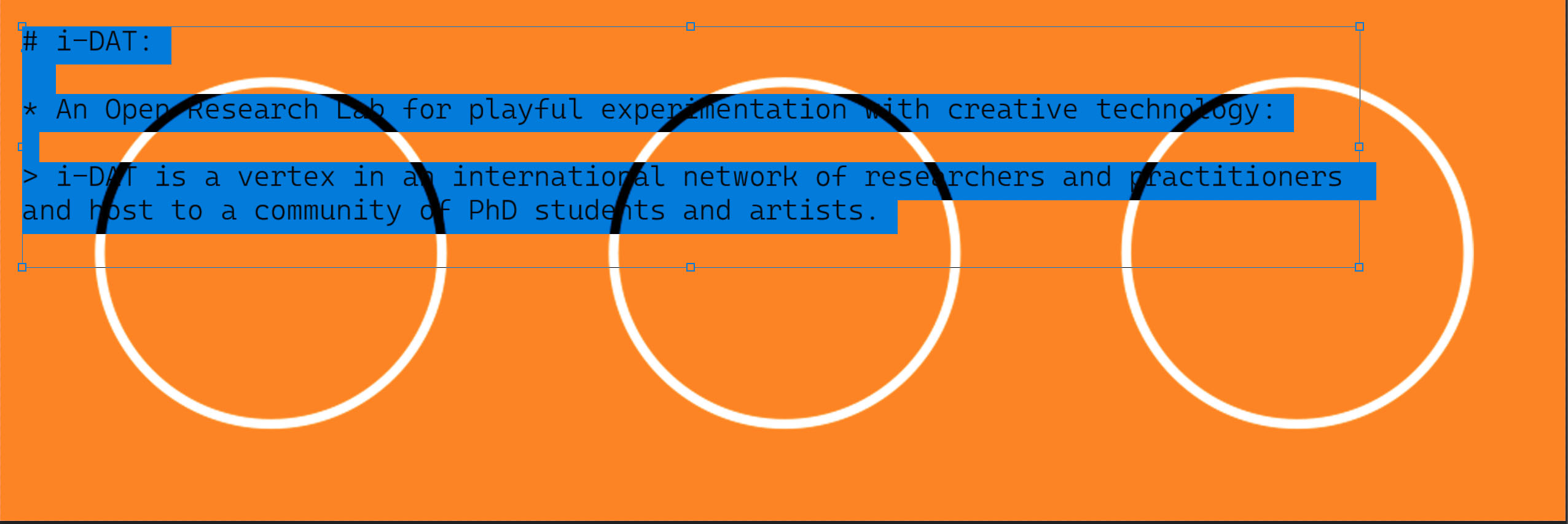
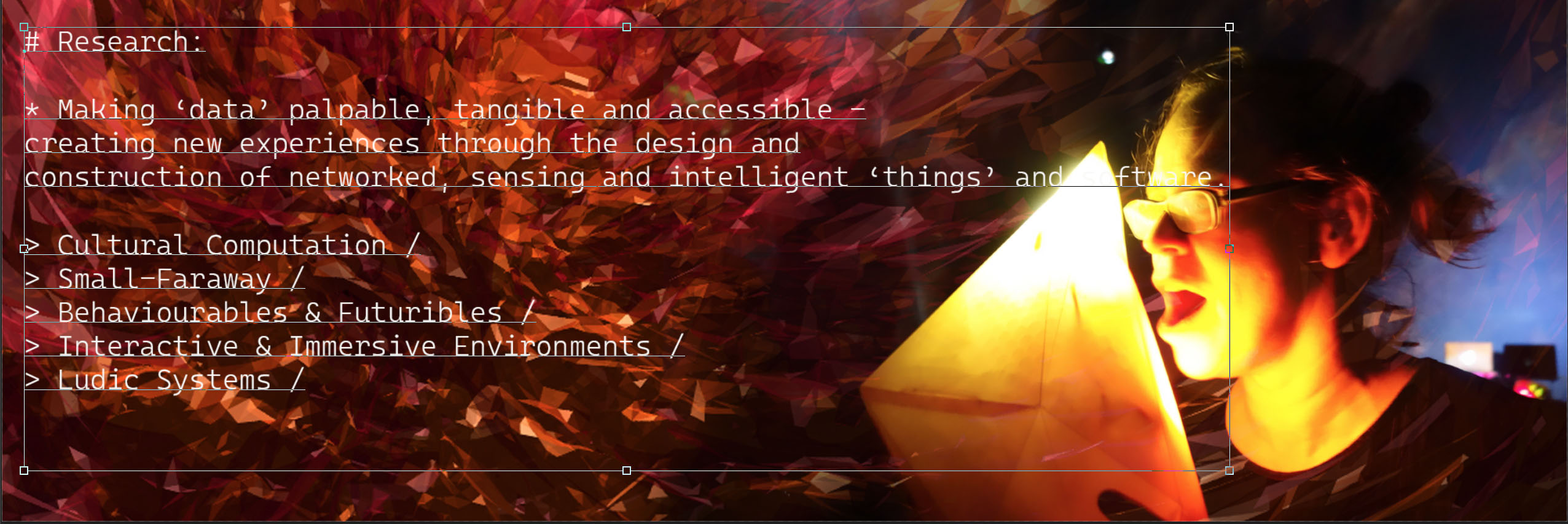
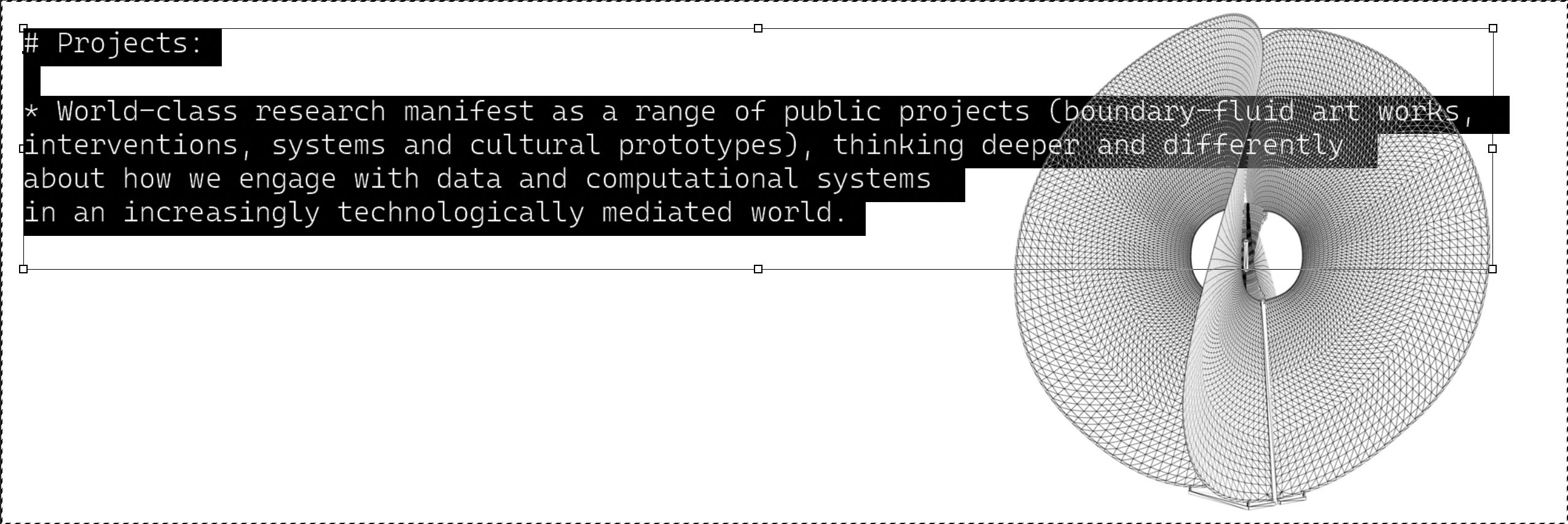
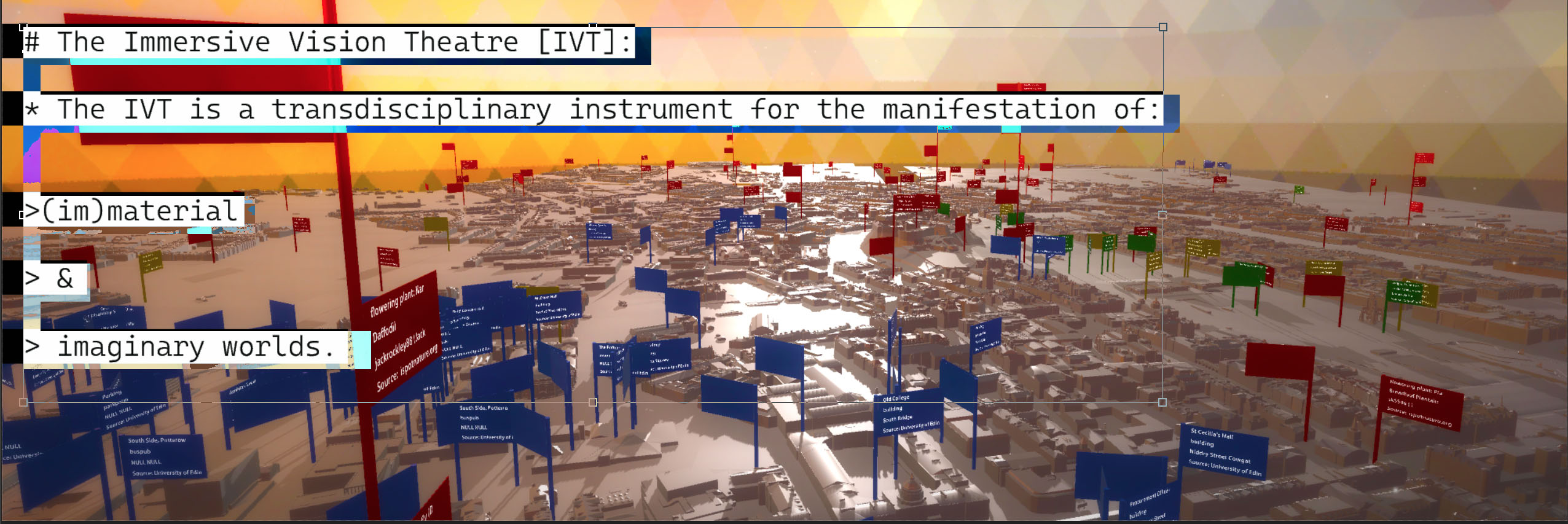

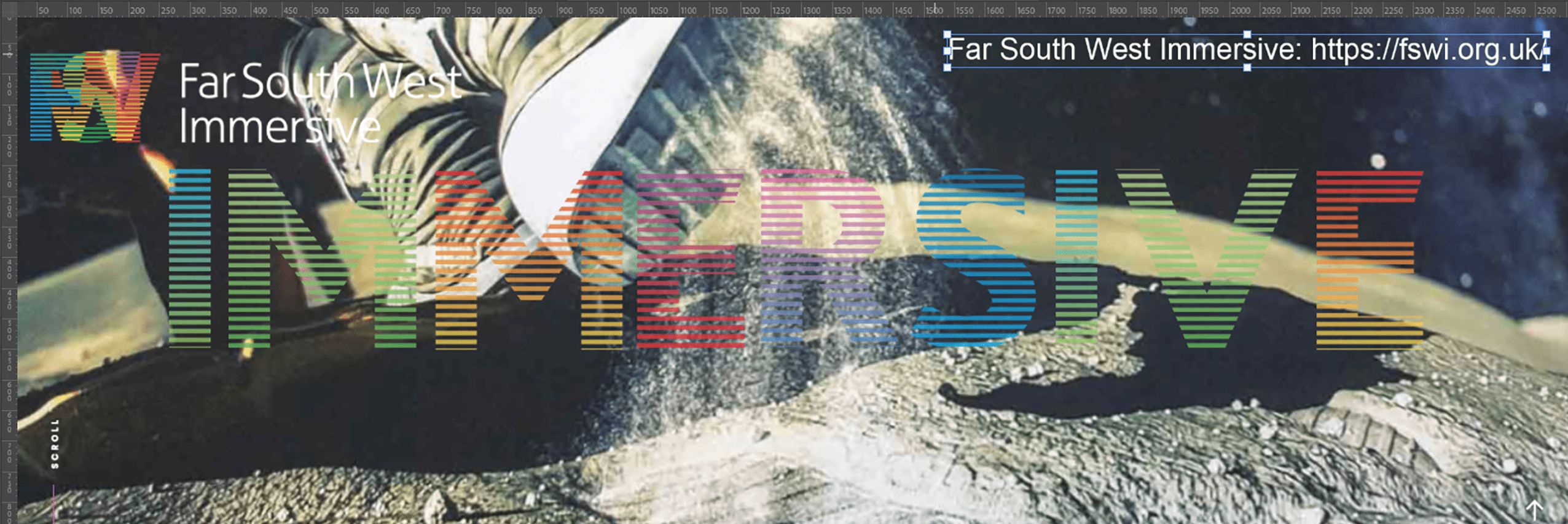

You must be logged in to post a comment.